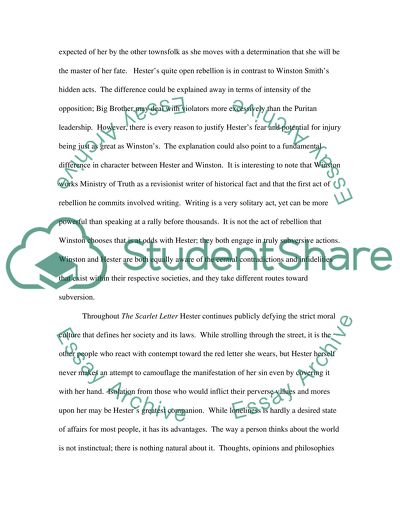Cite this document
(“Nathaniel Hawthornes The Scarlet Letter Book Report/Review”, n.d.)
Nathaniel Hawthornes The Scarlet Letter Book Report/Review. Retrieved from https://studentshare.org/miscellaneous/1507651-nathaniel-hawthornes-the-scarlet-letter
Nathaniel Hawthornes The Scarlet Letter Book Report/Review. Retrieved from https://studentshare.org/miscellaneous/1507651-nathaniel-hawthornes-the-scarlet-letter
(Nathaniel Hawthornes The Scarlet Letter Book Report/Review)
Nathaniel Hawthornes The Scarlet Letter Book Report/Review. https://studentshare.org/miscellaneous/1507651-nathaniel-hawthornes-the-scarlet-letter.
Nathaniel Hawthornes The Scarlet Letter Book Report/Review. https://studentshare.org/miscellaneous/1507651-nathaniel-hawthornes-the-scarlet-letter.
“Nathaniel Hawthornes The Scarlet Letter Book Report/Review”, n.d. https://studentshare.org/miscellaneous/1507651-nathaniel-hawthornes-the-scarlet-letter.


